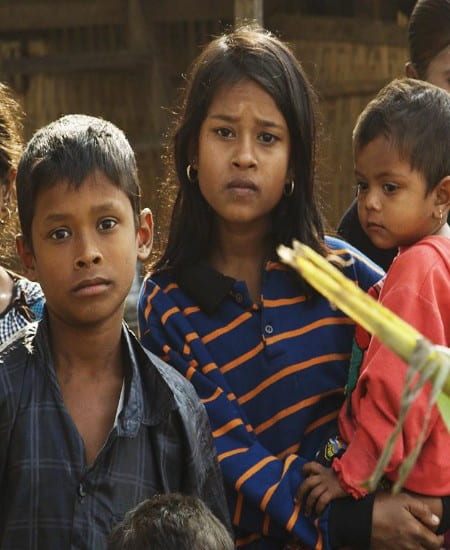Monday, November 19, 2018 6:00 PM – 8:40 PM
Lindner Family Commons Suite 602
The Elliott School of International Affairs
1957 E Street, NW Washington, DC 20052
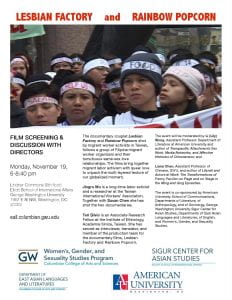
The American University School of Communications Departments of Literature, of Anthropology, and of Sociology, the George Washington University Sigur Center for Asian Studies, and the Departments of East Asian Languages and Literatures, and Women’s, Gender, and Sexuality Studies cordially invite you to a film screening and discussion of Lesbian Factory and Rainbow Popcorn, with featuring panelists Jingru Wu and Teri Silvio who worked on the production of the film as well as Assistant Professors Li (Lily) Wong of American University and Assistant Professor Liana Chen of the George Washington University.
This event is free and open to the public.
About the Event:
The documentary couplet Lesbian Factory and Rainbow Popcorn shot by migrant worker activists in Taiwan, follows a group of Filipina migrant worker organizers and their tumultuous same-sex love relationships. The films bring together migrant labor activism with queer love to unpack the multi-layered texture of our globalized moment.
The screening will be followed by a panel discussion featuring the directors of the movie, Jingru Wu and Teri Silvio.
About the Speakers:
Jingru Wu is a long-time labor activist and a researcher at the Taiwan International Workers’ Association. Together with Susan Chen she has shot the two documentaries.
Teri Silvio is an Associate Research Fellow at the Institute of Ethnology, Academia Sinica, Taiwan. She has served as interviewer, translator, and member of the production team for the documentary films, Lesbian Factory and Rainbow Popcorn.

Li (Lily) Wong received her PhD in Comparative Literature at University of California, Santa Barbara. Her research focuses on the politics of affect/emotion, gender/sexuality, comparative race, as well as media formations of transpacific Chinese, Sinophone, and Asian American communities. Her work can be found in journals including American Quarterly, Journal of Chinese Cinemas, Asian Cinema, Asian American Literary Review, Pacific Affairs and China Review International, among others. She has published book chapters in World Cinema and the Visual Arts (Anthem Press, 2012), Queer Sinophone Cultures (Routledge, 2013), and Divided Lenses: War and Film Memory in Asia (University of Hawai’i Press, 2016). She is the author of the book “Transpacific Attachments: Sex Work, Media Networks, and Affective Histories of Chineseness” (Columbia University Press, 2018).
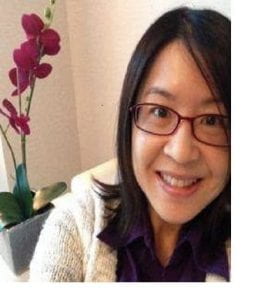
Liana Chen is an assistant professor in the Department of East Asian Languages and Literatures and director of the Chinese Program at George Washington University in Washington, D.C., where she is affiliated with the Sigur Center for Asian Studies and teaches courses on traditional and modern Chinese fiction and drama, film, and women writers.
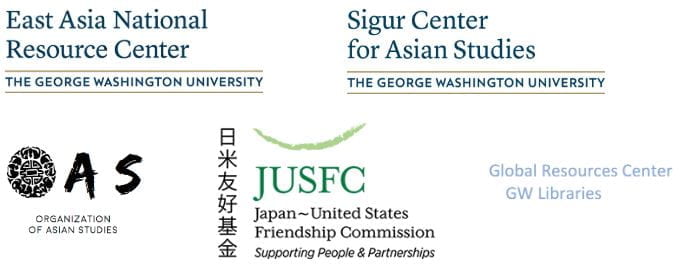
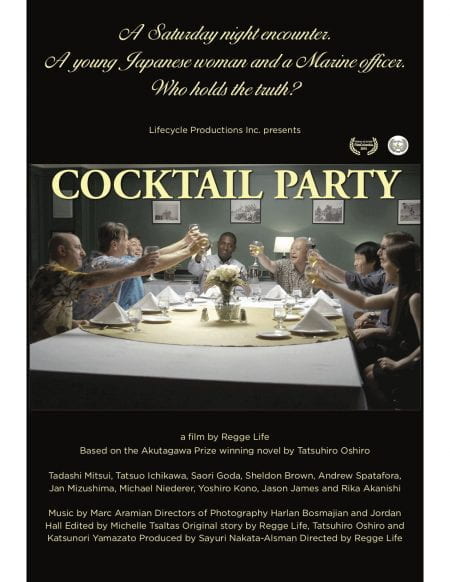
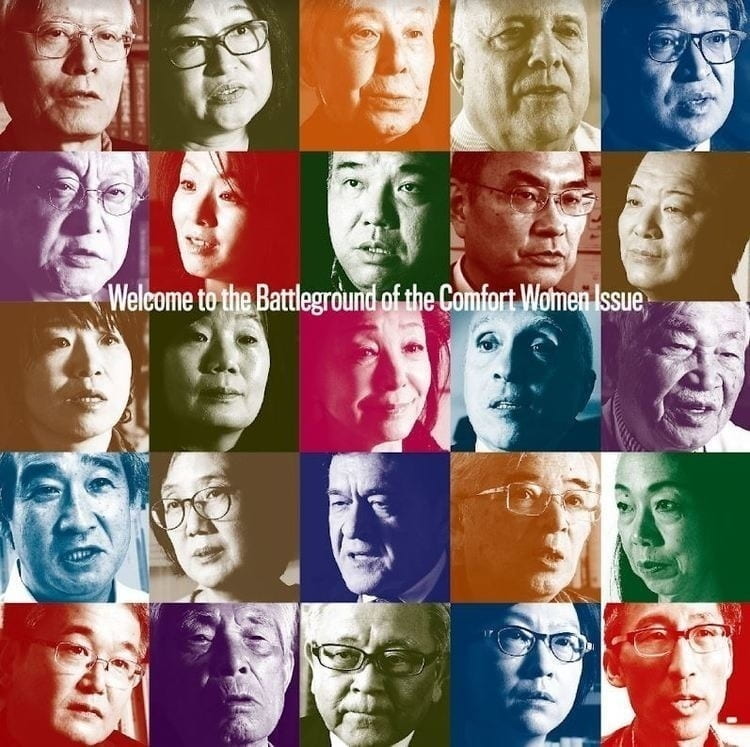

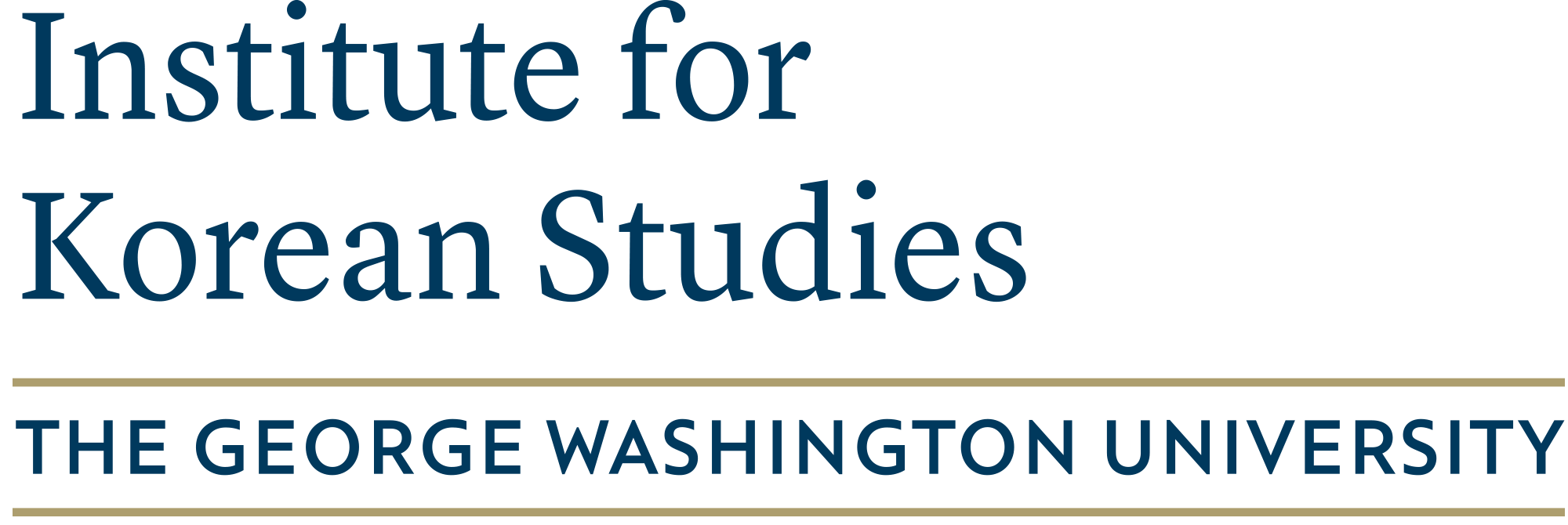

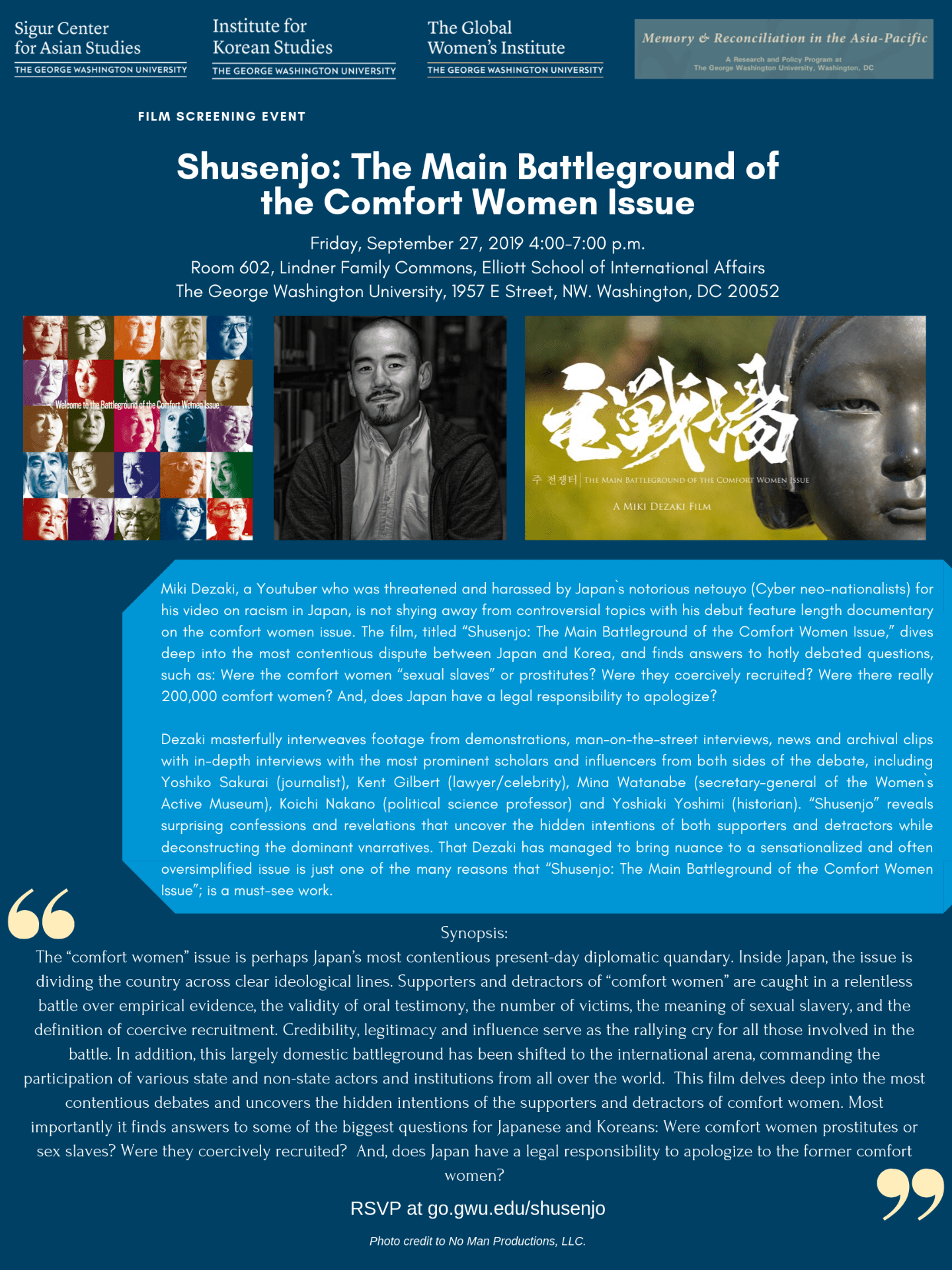
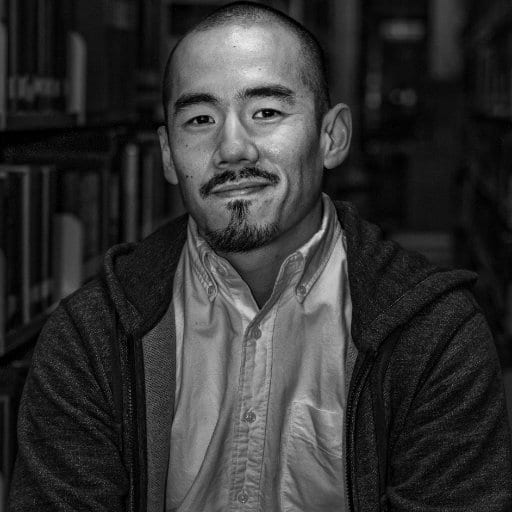


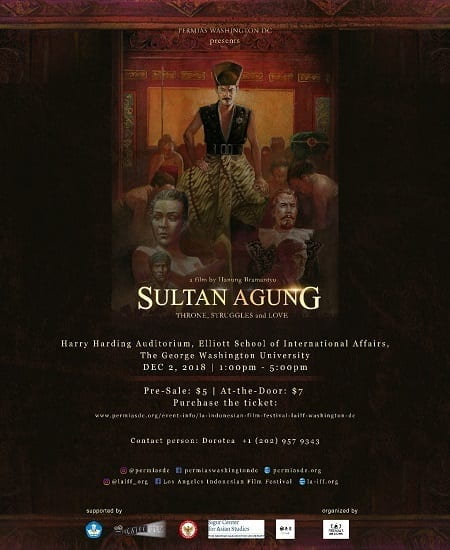
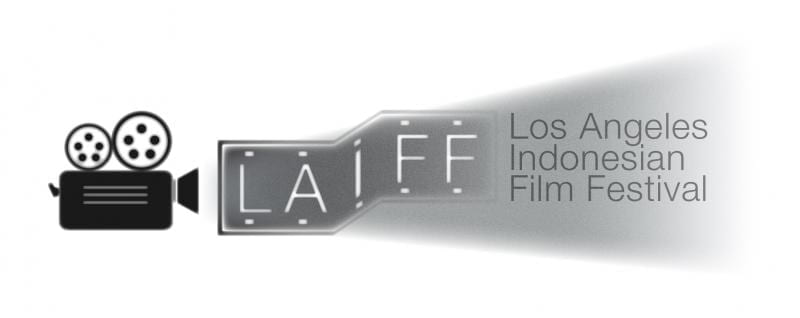
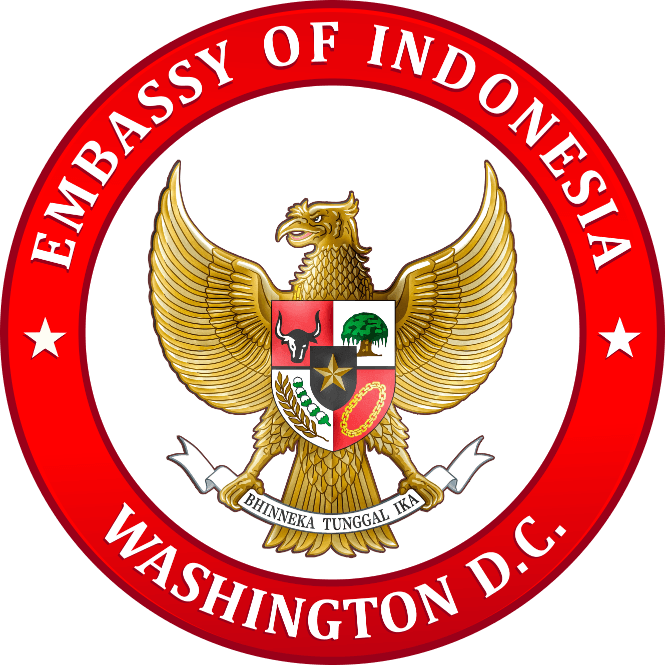


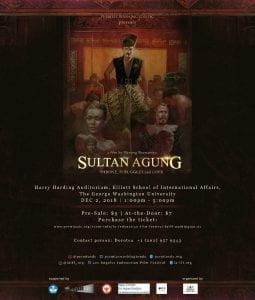

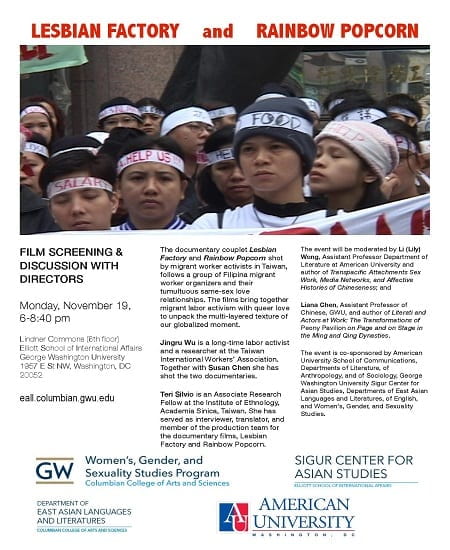

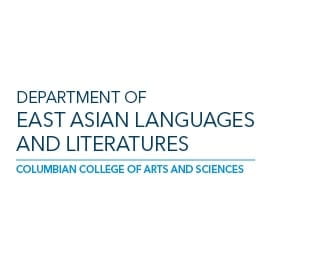
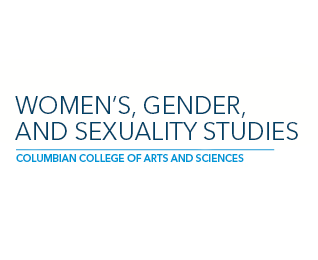



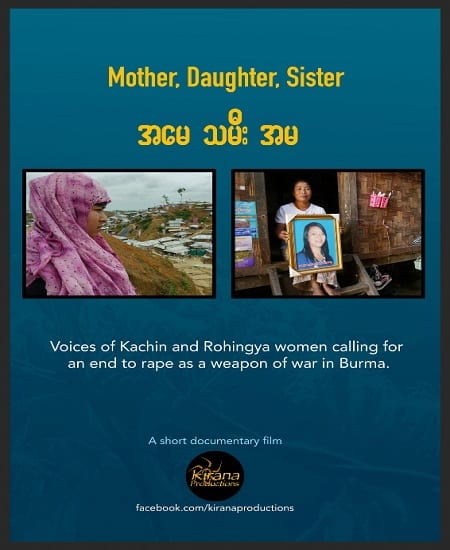
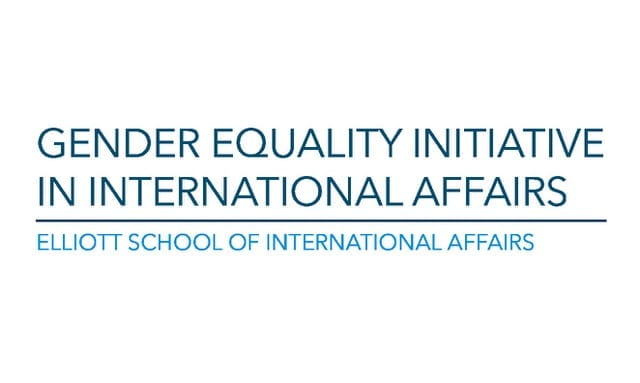
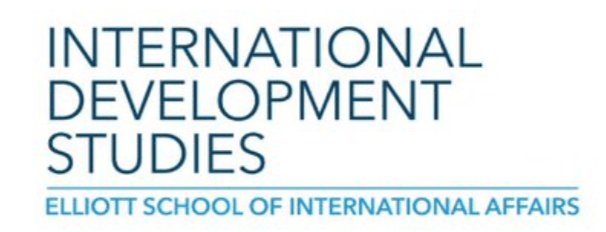

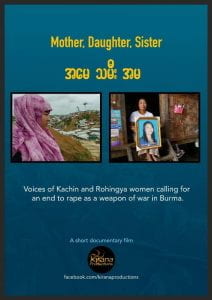
 Jeanne Marie Hallacy’s films are used for human rights education and advocacy. Hallacy develops relationships with her subjects to open their worlds through her lens; she can interview government ministers and slum dwellers and get a story. Her cross-cultural communications skills are an asset to covering issues from refugees to labor rights to people living with HIV. Based in Southeast Asia for decades, she worked with AsiaWorks Television, a regional production company to produce feature news for global broadcasters and advocacy videos for United Nations agencies and international NGOs. She is based in San Francisco and Bangkok and is available to travel worldwide.
Jeanne Marie Hallacy’s films are used for human rights education and advocacy. Hallacy develops relationships with her subjects to open their worlds through her lens; she can interview government ministers and slum dwellers and get a story. Her cross-cultural communications skills are an asset to covering issues from refugees to labor rights to people living with HIV. Based in Southeast Asia for decades, she worked with AsiaWorks Television, a regional production company to produce feature news for global broadcasters and advocacy videos for United Nations agencies and international NGOs. She is based in San Francisco and Bangkok and is available to travel worldwide.
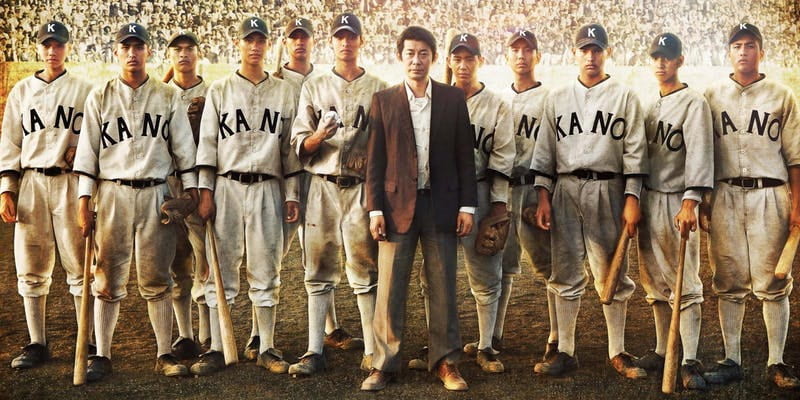
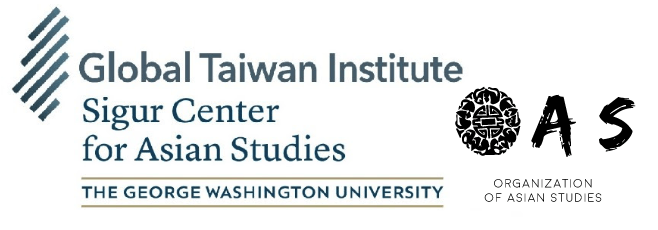
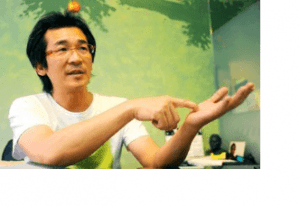 We will be joined by guest speaker director Wei Te-Sheng (魏德聖), who is also the producer of “Kano.” Born in Tainan, director Wei graduated with a degree in electrical engineering, and only started his entertainment career after he completed the mandatory military service in Taiwan. His first directed movie “Cape No. 7” not only was a hit, but successfully brought life back to the Taiwan film industry. Director Wei will join us at the event and answer questions in the Q&A session after the film.
We will be joined by guest speaker director Wei Te-Sheng (魏德聖), who is also the producer of “Kano.” Born in Tainan, director Wei graduated with a degree in electrical engineering, and only started his entertainment career after he completed the mandatory military service in Taiwan. His first directed movie “Cape No. 7” not only was a hit, but successfully brought life back to the Taiwan film industry. Director Wei will join us at the event and answer questions in the Q&A session after the film.